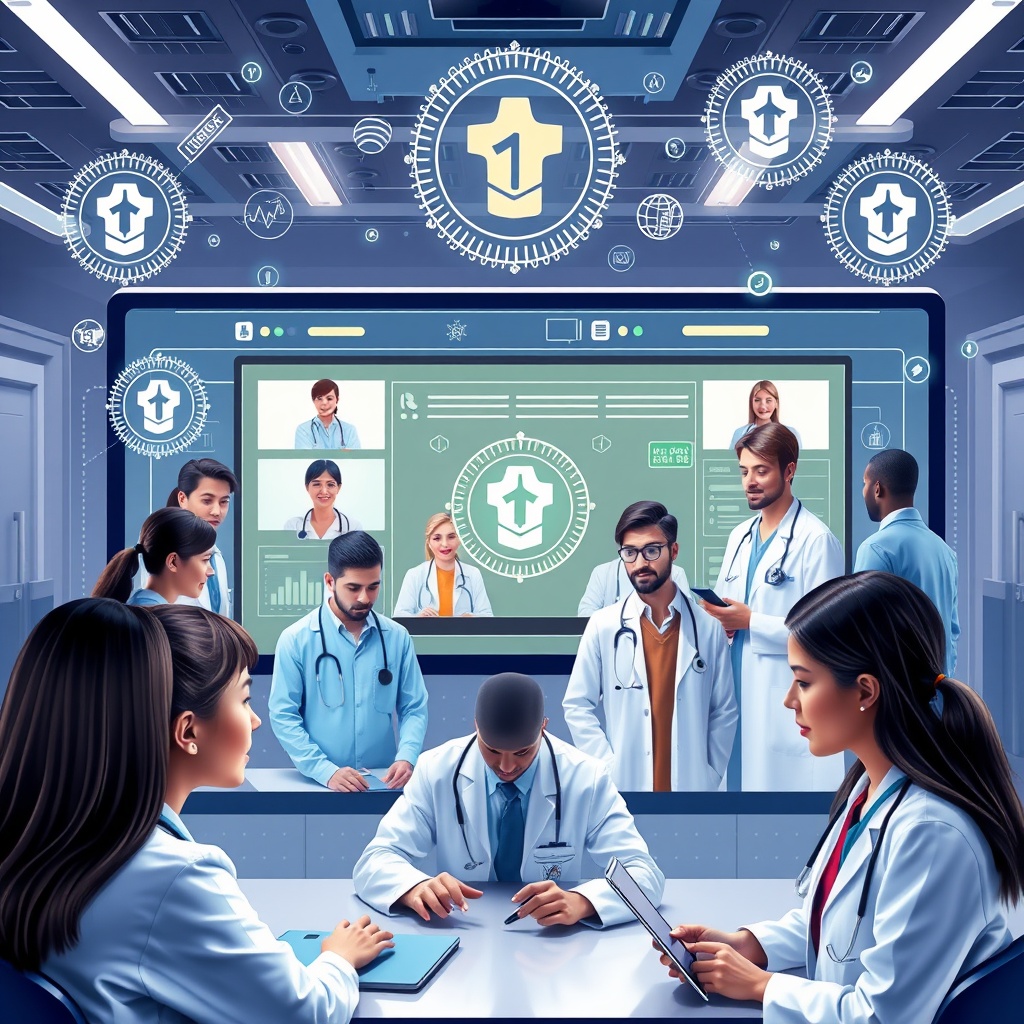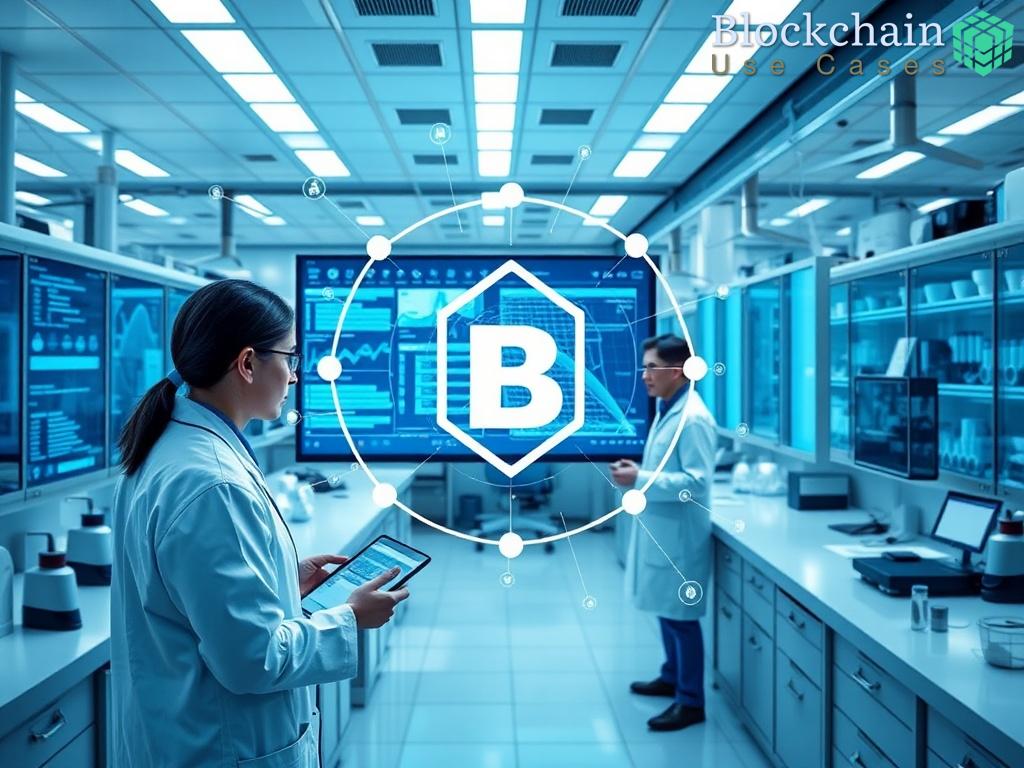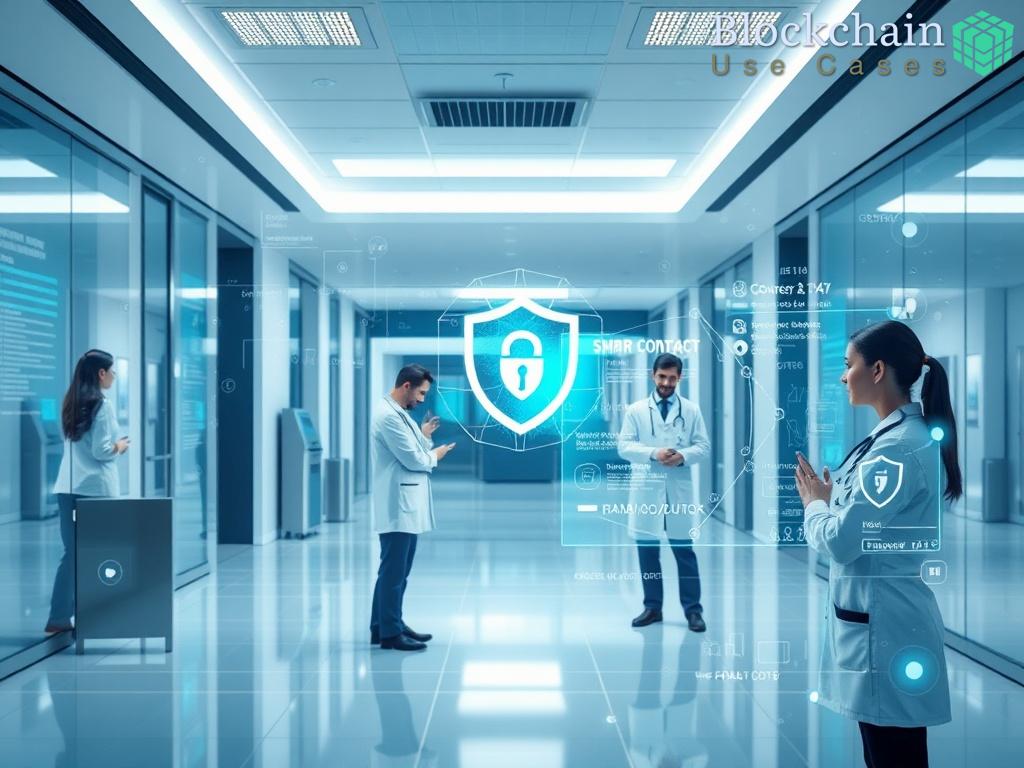In an era where traditional education systems are often criticized for their rigidity and inefficiency, decentralized platforms are emerging as a transformative solution for medical education and certification. These innovative platforms leverage blockchain technology and peer-to-peer networks to provide a more accessible, flexible, and transparent learning environment for healthcare professionals.
Empowering Learners Through Decentralization
Decentralized platforms democratize access to medical education, allowing learners from various backgrounds to engage with high-quality resources and certification programs. This empowerment fosters a more inclusive healthcare workforce, which is crucial in addressing global health challenges. The ability to learn at one’s own pace and access a wealth of information without geographical constraints is a game changer for aspiring medical professionals.
Key Features of Decentralized Medical Education Platforms
As these platforms continue to evolve, several key features stand out that set them apart from traditional education systems. Understanding these features can help potential learners make informed decisions about their educational paths. Below is a list highlighting the most significant characteristics:
- Blockchain Technology: Ensures secure, transparent, and immutable records of educational achievements.
- Peer-to-Peer Learning: Encourages collaboration and knowledge sharing among learners and educators.
- Flexibility: Allows learners to choose their own learning paths and schedules.
- Global Access: Provides educational opportunities to individuals in remote or underserved areas.
- Cost-Effectiveness: Reduces the financial burden associated with traditional medical education.
Certification in a Decentralized World
The certification of medical professionals is a critical aspect of ensuring quality healthcare delivery. Decentralized platforms are redefining how certification is approached by utilizing smart contracts and digital credentials. This not only streamlines the certification process but also enhances the credibility of the qualifications obtained. Through decentralized verification methods, employers can trust that the credentials of their hires are authentic and up-to-date, ultimately benefiting patient care.


















